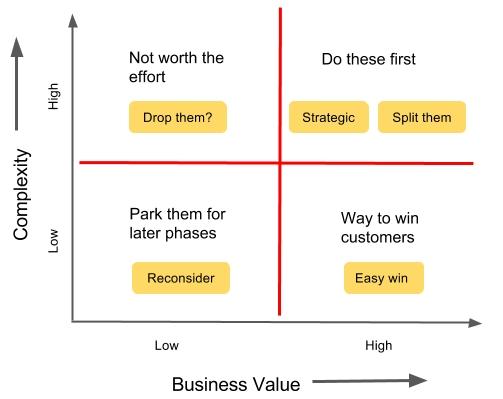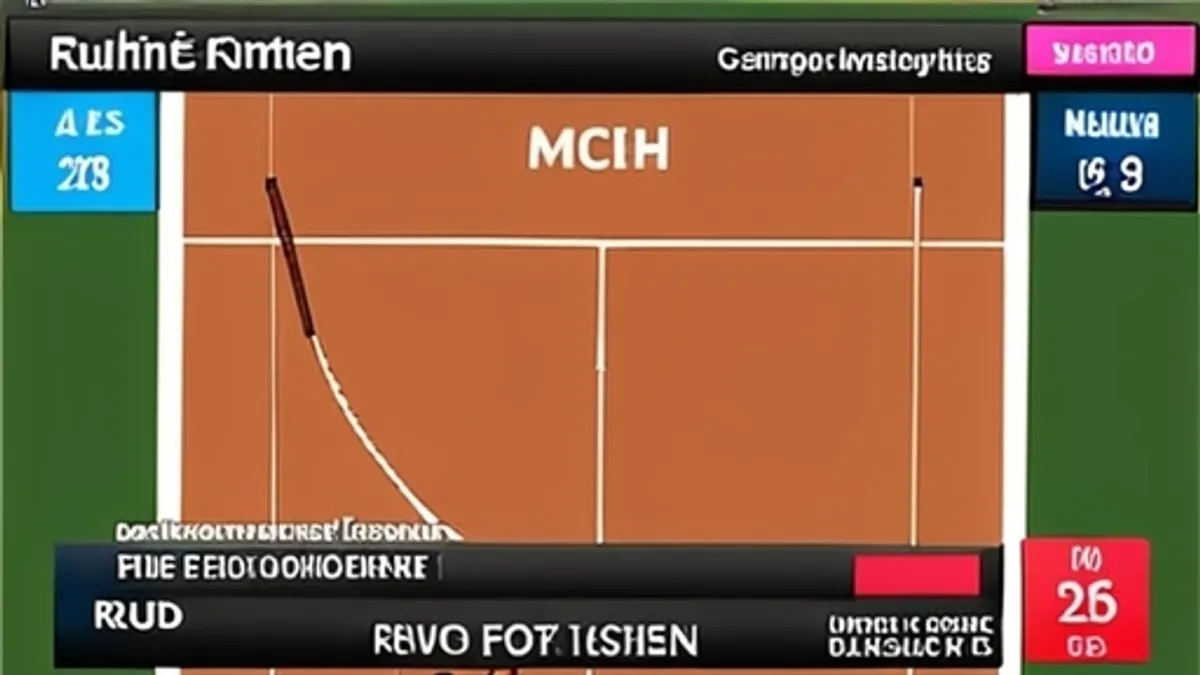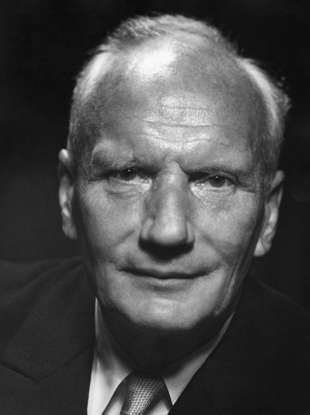Investing In A Watch: Value Vs. Cost

Table of Contents
Understanding the Cost of a Watch
The price of a watch isn't arbitrary; it's a reflection of several contributing factors. Understanding these elements is crucial when assessing the overall cost and potential value of your watch investment.
Material Costs
The materials used significantly influence the final price. High-end watches often utilize precious metals and luxurious materials, driving up the cost considerably.
- Precious Metals: Gold (yellow, white, rose), platinum, and even palladium significantly increase the price due to their inherent value and the craftsmanship required to work with them.
- Steel: While less expensive than precious metals, the type of steel (e.g., stainless steel vs. specialized alloys) and its finishing (brushed, polished, etc.) impact cost.
- Leather: The type of leather (e.g., alligator, crocodile, calfskin), its origin, and the tanning process affect the cost of straps and bands. Exotic skins command higher prices.
- Gems and Diamonds: The inclusion of diamonds, sapphires, or other gemstones dramatically increases the price, depending on their size, quality (clarity, cut, carat), and setting. Sourcing and rarity also play a role.
Manufacturing Costs
The manufacturing process is another key cost driver. Handmade watches, particularly those from independent watchmakers, command significantly higher prices than mass-produced pieces.
- Handmade vs. Mass-produced: The intricate hand-assembly of a high-end mechanical movement involves highly skilled artisans and numerous hours of work, contributing substantially to the cost. Mass-produced watches utilize automated processes, lowering manufacturing costs.
- Movement Complexity: The complexity of the movement (e.g., simple three-hand movement vs. a tourbillon) directly impacts the manufacturing time and, thus, the cost.
- Finishing and Decoration: The level of finishing and decoration (e.g., Côtes de Genève, perlage) adds to the time and skill involved, pushing prices higher. Brands like Rolex and Patek Philippe are known for their meticulous finishing.
Brand and Marketing Costs
Brand recognition and marketing play a substantial role in pricing. Established luxury brands command premium prices due to their heritage, reputation, and extensive marketing efforts.
- Brand Equity: Luxury brands like Rolex, Patek Philippe, and Audemars Piguet benefit from decades of brand building, leading to higher prices that reflect their reputation for quality and prestige.
- Marketing and Distribution: The cost of marketing campaigns, celebrity endorsements, and distribution networks adds to the final retail price.
- Independent Brands: Smaller, independent watchmakers often offer excellent value and craftsmanship without the same marketing overhead, resulting in more affordable prices for discerning buyers.
Determining the Value of a Watch
While cost reflects the expenses involved in producing a watch, value encompasses a broader range of factors that influence a timepiece's worth and its potential to appreciate over time.
Brand Reputation and History
A brand's history, legacy, and reputation significantly contribute to a watch's value. Established brands with a proven track record of craftsmanship and innovation command higher prices.
- Brand Heritage: Brands with a long history of producing high-quality timepieces, often with unique design elements and technological advancements, tend to retain and increase in value.
- Craftsmanship and Innovation: A brand's reputation for exceptional craftsmanship and innovative watchmaking technologies directly influences the value of its products.
- Brand Equity: This intangible asset reflects the brand's reputation, customer loyalty, and perceived quality, influencing the watch's resale value.
Movement and Functionality
The watch's movement and its functionalities are critical factors in determining its value. Complex movements and unique complications significantly increase a watch's worth.
- Mechanical vs. Quartz: Mechanical movements, especially hand-wound or automatic movements, are generally more valuable than quartz movements due to their complexity and craftsmanship.
- Complications: Features like chronographs, moon phases, perpetual calendars, and tourbillons significantly increase a watch's value due to their intricate mechanisms.
- Haute Horlogerie: Watches featuring extremely complex movements and intricate finishing represent the pinnacle of watchmaking and command exceptionally high prices.
Condition and Authenticity
The watch's condition and authenticity are paramount. A well-maintained, original watch will hold its value much better than a damaged or altered one. Counterfeit watches hold no real value.
- Original Condition: Watches in pristine, original condition, with all original parts and documentation, retain much higher value.
- Servicing Records: Proper servicing history, documented by authorized service centers, significantly enhances a watch's value.
- Authenticity Verification: Ensuring the authenticity of a watch is crucial, as counterfeit watches can drastically devalue a collection. Consider professional authentication services for high-value pieces.
Potential for Appreciation
Certain watches have the potential to appreciate in value over time, making them attractive long-term investments. Scarcity, collectability, and historical significance play key roles.
- Limited Editions: Limited-edition models, often produced in small quantities, tend to appreciate significantly in value due to their scarcity.
- Discontinued Models: Watches that have been discontinued by the manufacturer often increase in value over time, especially if they were popular or highly sought-after models.
- Historical Significance: Watches with historical significance, such as those worn by famous figures or those representing important milestones in watchmaking, may appreciate substantially in value.
Finding the Right Balance: Value for Your Investment
Balancing cost and value when investing in a watch requires careful consideration of several factors.
Setting a Budget
Before embarking on your watch-buying journey, establish a realistic budget. This will help you focus your search and prevent impulse purchases.
Research and Due Diligence
Thorough research is essential. Compare prices from reputable sellers, read reviews, and understand the market value of the watch you're considering.
Consider Your Lifestyle
Choose a watch that suits your lifestyle. A robust sports watch might be ideal for daily wear, while a delicate dress watch might be more suitable for formal occasions.
Long-term vs. Short-term Investment
Determine whether you're investing in a watch as a long-term asset (an heirloom, for example) or a short-term investment (with the intention of reselling it for profit).
Conclusion
Ultimately, investing in a watch requires understanding the interplay between cost and value. While the cost reflects the materials, manufacturing, and branding, the value encompasses the brand's reputation, movement complexity, condition, authenticity, and potential for appreciation. By carefully considering these factors and conducting thorough research, you can make a confident and informed decision when purchasing a timepiece. Start your research today and find the perfect timepiece that represents both your style and your investment goals. Remember, choosing the right watch is about finding the right balance between cost and the long-term value it represents for you.

Featured Posts
-
 Avrupa Merkez Bankasi Nin Yeni Tarifeler Uyarisi Ve Etkileri
May 27, 2025
Avrupa Merkez Bankasi Nin Yeni Tarifeler Uyarisi Ve Etkileri
May 27, 2025 -
 Lagarde Dan Enflasyon Uyarisi Tirmanan Kueresel Ticaret Gerilimlerinin Etkileri
May 27, 2025
Lagarde Dan Enflasyon Uyarisi Tirmanan Kueresel Ticaret Gerilimlerinin Etkileri
May 27, 2025 -
 Gwen Stefanis Black Dress At The Opry 100 A Sheer Look
May 27, 2025
Gwen Stefanis Black Dress At The Opry 100 A Sheer Look
May 27, 2025 -
 Tokyo To Seattle Flight Diverted Passenger Attempts To Open Exit Door
May 27, 2025
Tokyo To Seattle Flight Diverted Passenger Attempts To Open Exit Door
May 27, 2025 -
 Proposed Gop Cuts Jeopardize Vital Cdc Research On Public Health Crises
May 27, 2025
Proposed Gop Cuts Jeopardize Vital Cdc Research On Public Health Crises
May 27, 2025
Latest Posts
-
 Primul Meci De Pickleball Al Lui Andre Agassi
May 30, 2025
Primul Meci De Pickleball Al Lui Andre Agassi
May 30, 2025 -
 Andre Agassi Legenda Tenisului Jucand Pickleball
May 30, 2025
Andre Agassi Legenda Tenisului Jucand Pickleball
May 30, 2025 -
 French Open 2025 Borges Triumphs Over Injured Ruud
May 30, 2025
French Open 2025 Borges Triumphs Over Injured Ruud
May 30, 2025 -
 Andre Agassi Revine Pe Teren Debutul In Pickleball
May 30, 2025
Andre Agassi Revine Pe Teren Debutul In Pickleball
May 30, 2025 -
 Ruuds Knee Injury A Setback At The French Open 2025
May 30, 2025
Ruuds Knee Injury A Setback At The French Open 2025
May 30, 2025
